Last week during a Financial Empowerment Center one-on-one counseling session, a participant made the following comment, “It’s like, why even bother to save this amount? After all of my bills are paid, this amount is not worth the effort to transfer into savings. As a matter of fact, why even have a savings account?”
From a counselor’s perspective, this participant had made considerable progress since the first session, but it is easy to get frustrated with one’s progress when the change is small. During the first meeting, the discussion was a thorough one. This client is a single mom of three who has been at her job for 17 years.
Her annual salary for the most recent tax year was $39,450. The goals expressed in this first session were to become a homeowner, pay off an auto loan earlier than the expected loan term, and save for her children’s future.
 Having a little in savings can be a lifesaver in any situation. Worst case scenarios vary, and this is why it is so important to save “the little” that you can.
Having a little in savings can be a lifesaver in any situation. Worst case scenarios vary, and this is why it is so important to save “the little” that you can.
Do not say budget
Sorry, wrong blog, because a budget is exactly what is needed. Every successful business establishment has a budget that is used for forecasting and for tracking purposes. Think about it. In order to know how much we can save, we need to be clear about the amount needed monthly to live.
Here are some simple steps to growing your savings stash through budgeting…
- Calling all bills: We know what our bills are, but that is not enough. We can only keep so much data in the brain, so “calling all bills” is the process of lining them up and listing the due dates and average monthly amounts. The next step involves tallying them up to get the monthly fixed amount. Once we have the first set of totals, it is time to “call all variables.”
- Calling all variables: Variables are the categories related to food, auto gas, childcare, and savings. These expenses are necessary and come without a set due date. Again, line them up and list the monthly averages. The cool thing about savings is that it fits in both sections. Savings can be automated to take place the same time each month or can be put aside when you’re able, similar to making a random purchase.
- Bringing home the bacon: Now let’s talk about funds. Income can vary by frequency, source, and amount. This next step requires a 30-day snapshot of all income. In today’s world that could be a combination of paychecks, side gigs, gifts, and lottery winnings. Again, list all sources for a 30-day period, then tally them up.
- Good ole’ math: In school we were taught to add and subtract, but most of us just pay and spend. This next step will involve math. The formula to follow is (income) – (fixed expenses) – (variable expenses) = either a surplus or deficit. Let that sink in. If you have a surplus now, we can save a little bit more than you previously thought. If the result is a deficit, then a revision of income and expenses is needed to balance the numbers.
Savings goals
Now that you understand where your money is going, this is a suitable time to get clear about your savings goals, both big and small. Think about ways to trick yourself into saving. If it were a bill, you would pay it, right? Some people save for the sake of saving, and some need to have defined goals attached for motivation. Having specific savings goals can help offset feelings of failure in the event of a life change that alters the budget or depletes the savings.
Significant savings takes patience; it is a marathon, not a sprint.
Committing to a small amount of savings every month is better than not saving at all. The goal is to establish a habit and build upon that. If you need help creating a savings plan or building a budget that supports your financial goals, the Financial Empowerment Center offers free one-on-one financial counseling. Get connected to one of our certified financial counselors and let us help you get started on your financial plan today.
Shout outs
Just as the Financial Empowerment Center walks alongside our clients, we too have funders that walk alongside our work to further our impact in the community. For several years, Jackson National Life Insurance Company (Jackson®) has been a significant supporter of our work. In 2023 alone, a $75,000 investment in the Financial Empowerment Center allowed us to conduct 329 one-on-one counseling sessions that resulted in $409,000 in debt reduction and $13,000 in savings for 160 clients. We expanded our partnership this year, working together to provide credit workshops at nine of Davidson County’s Title I elementary schools during Family Financial Literacy Nights sponsored by Jackson, in partnership with Communities in Schools of Tennessee.
_ _ _
Contributors: Thanks to Sabrina Franklin and the Jackson team!

